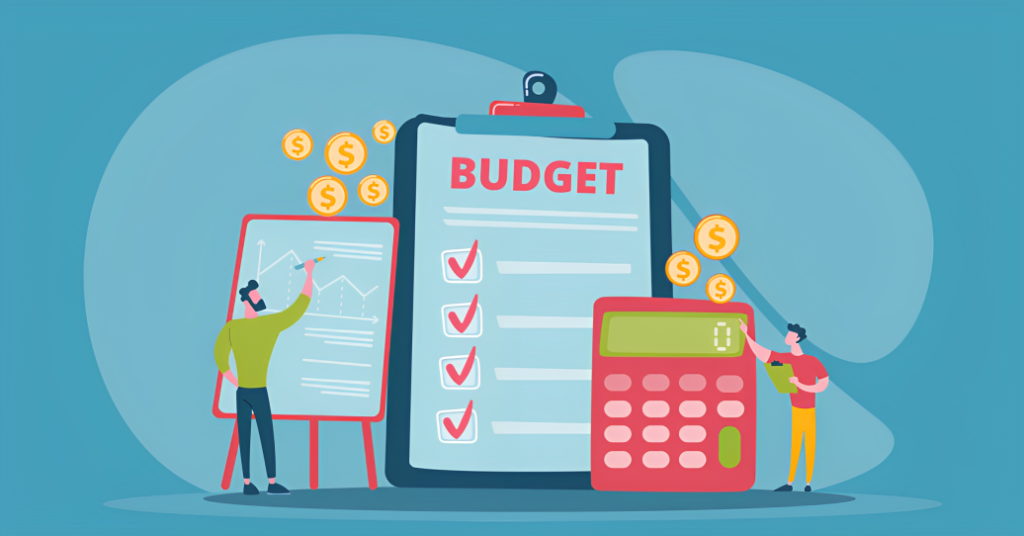In today’s fast-paced and unpredictable job market, achieving long-term career stability is a top priority for professionals. While factors like job skills, education, and networking play vital roles, one aspect that often goes overlooked is financial management. Properly understanding and managing your finances can significantly contribute to your career stability and overall peace of mind. In this blog, we’ll explore key financial management strategies that can help you build a strong foundation for your career and secure your financial future.
Assess Your Current Financial Situation

Before diving into financial management, take a moment to assess your current financial status. Calculate your total income, monthly expenses, debts, and savings. Understanding your financial standing will enable you to set realistic goals and create a suitable financial plan tailored to your unique situation.
Establish Clear Financial Goals

To achieve career stability, it’s essential to have clear financial goals. Define both short-term and long-term objectives, such as building an emergency fund, paying off debts, saving for retirement, or purchasing a home. Having specific targets will provide you with direction and motivation to stay on track.
Create a Budget

A well-structured budget is the cornerstone of financial management. Allocate your income to essential expenses like housing, utilities, and groceries, while setting aside funds for savings and investments. Monitoring your spending and sticking to your budget will help you maintain control over your finances, ensuring you’re better prepared for any career uncertainties that may arise.
Build an Emergency Fund

Life is unpredictable, and career stability may be affected by unforeseen circumstances such as job loss or medical emergencies. Establishing an emergency fund equal to at least three to six months’ worth of living expenses can act as a safety net during challenging times, preventing you from dipping into long-term investments or going into debt.
Manage Debt Wisely

Debts can be a significant obstacle to career stability, as they drain your financial resources and limit your ability to invest in your future. Prioritize paying off high-interest debts first, and consider consolidating or refinancing loans to reduce interest rates. Being debt-free or having manageable debt will enhance your financial flexibility and contribute to a stable career path.
Save and Invest

Start saving and investing early to secure your financial future. Take advantage of tax-efficient investment options, such as Employees’ Provident Funds (EPF) and Unit Trust, stocks. Explore diversified investments to balance risks and potential rewards.
Insurance Coverage

Having adequate insurance coverage is an essential aspect of financial planning. Health insurance, life insurance, and disability insurance protect you and your family from unexpected financial burdens in case of illness, injury, or loss of life.
Continuously Educate Yourself

Financial planning is not a one-time task; it requires continuous learning and adjustment. Stay updated on financial trends, investment opportunities, and tax implications. Seeking guidance from financial advisors can also provide valuable insights into managing your finances efficiently.
Conclusion
Financial planning is a powerful tool that can significantly contribute to your long-term career stability. By understanding your current financial situation, setting clear goals, creating a budget, building an emergency fund, managing debt wisely, saving and investing, and obtaining adequate insurance coverage, you can navigate your career journey with greater confidence and resilience. Remember, the key to successful financial planning is consistency, discipline, and a willingness to adapt to changing circumstances. Take charge of your financial future today, and enjoy the peace of mind that comes with a stable and secure career path.







